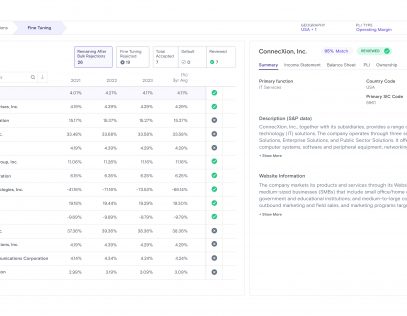Recently, a number of countries have either indicated or adopted requirements that transfer pricing reports documenting loans include debt-capacity analyses as an integral part of proving those intercompany loans are arm’s-length arrangements. But what is a debt-capacity analysis and why is it important?
Believe it or not, you’re already familiar with a debt-capacity analysis. Think about taking out a loan to purchase a car. The lender will need to evaluate you as a borrower, and the general first step is checking your credit rating. Let’s say you happen to have a score of 800 out of a possible 850, so you look good as a buyer. You will also be asked about your employment and how much you earn, and it is usually a very simple process to buy the car.
Now let’s take it up a notch and instead of buying a car, let’s say you want to buy a house. The process is similar to buying a car but with some additional work. Of course, your credit rating is important but now the questions about your employment and earning are more focused. The table below shows a very simplistic calculation of three different potential purchase options and does not reflect any specific down-payment requirement or other criteria.
Cost 250,000 500,000 1,000,000
Down Payment 50,000 100,000 200,000
Mortgage Principal 200,000 400,000 800,000
Mortgage term in years 30 30 30
Interest rate 6.46% 6.46% 6.46%
Payment ($1252.14) ($2504.28) ($5,008.56)
1 yr of mortgage payments $15,026 $30,051 $60,103
Borrower’s annual income 100,000 100,000 100,000
Arbitrary bank earnings rule 25% 25% 25%
Borrower qualifies? yes no no
Just as our hypothetical banker doesn’t want the borrower overextended on taking out a mortgage, so too are the tax authorities concerned with the ability of a company to repay a commercial loan. The concern is twofold: First, the authorities do not want a situation where the carrying cost of the loan creates a loss position for the company, which would eliminate any taxes payable on income. Secondary to this is the impact consistent losses could have on both employees and creditors of the company. The authorities do not want to encourage risky behavior that would adversely impact others within the local economy.









